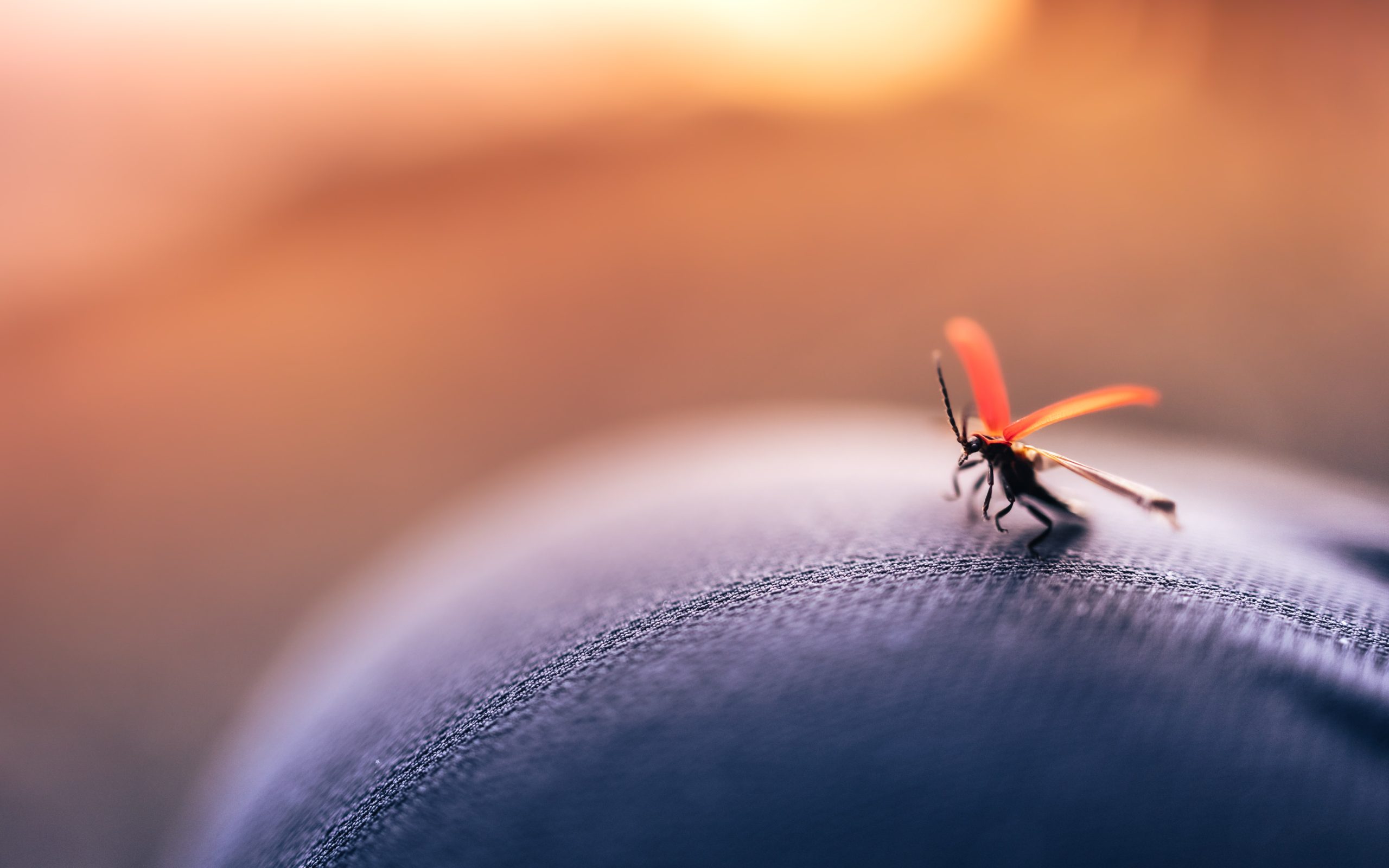Scientists have proposed a few theories to explain why some people are more frequently bit by mosquitoes than others.
Some people really are “mosquito magnets,” and this is most likely due to their natural body odour, not blood, unlike popular pre-made assumptions, a recent study said.
Researchers discovered that those who are most appealing to mosquitoes produce a lot of particular skin-bound chemicals linked to smell. Mosquitos tend to stick with their favourites over time, meaning they become loyal to these “magnets”.
Despite dietary or grooming changes, the researchers discovered that people’s attractiveness to mosquitoes remained constant over time.
Maria Elena De Obaldia, the study’s author, described how the researchers devised an experiment that pitted different people’s scents against one another. Their findings were released in the journal Cell.
Sixty four university students and local volunteers were asked to wear nylon stockings around their forearms so that researchers could pick up their skin smell.
“Those nylons would not have a smell to me or, I think, to anyone really,” Says Maria Elena De Obaldia, senior scientist at the biotech firm Kingdom Supercultures and the study’s lead author, who carried out this research while at Rockefeller.
A large number of mosquitoes were let loose after the stockings were placed in individual traps at the end of a long tube.
“They would basically swarm to the most attractive subjects,” De Obaldia said. “It became very obvious right away.”
To determine what might explain this significant difference, the researchers examined the scent profiles of the test subjects.
They discovered a pattern: the subjects that attracted the most mosquitos tended to produce higher levels of carboxylic acids from their skin, whereas the subjects with the worst appearances produced significantly less.
Carboxylic acids are typical organic substances. The acids that humans produce in their sebum—the oily layer that covers their skin—help to keep their skin moisturised and protected.
There were insufficient participants in the new study to determine which traits increase the likelihood of producing high levels of carboxylic acids, and there is no simple way to test your own skin’s carboxylic acid levels without a laboratory.
However, over time, the level of carboxylic acids in skin remains largely consistent. According to Vosshall, skin bacteria that consume the carboxylic acids we produce may also attract mosquitoes.
However, if you believe you might be a mosquito magnet, there is still hope.
The study may aid in the future development of mosquito repellents that are more effective. The key may lie in modifying the skin’s natural microbiome by introducing new bacteria to change the skin’s odour profile.







